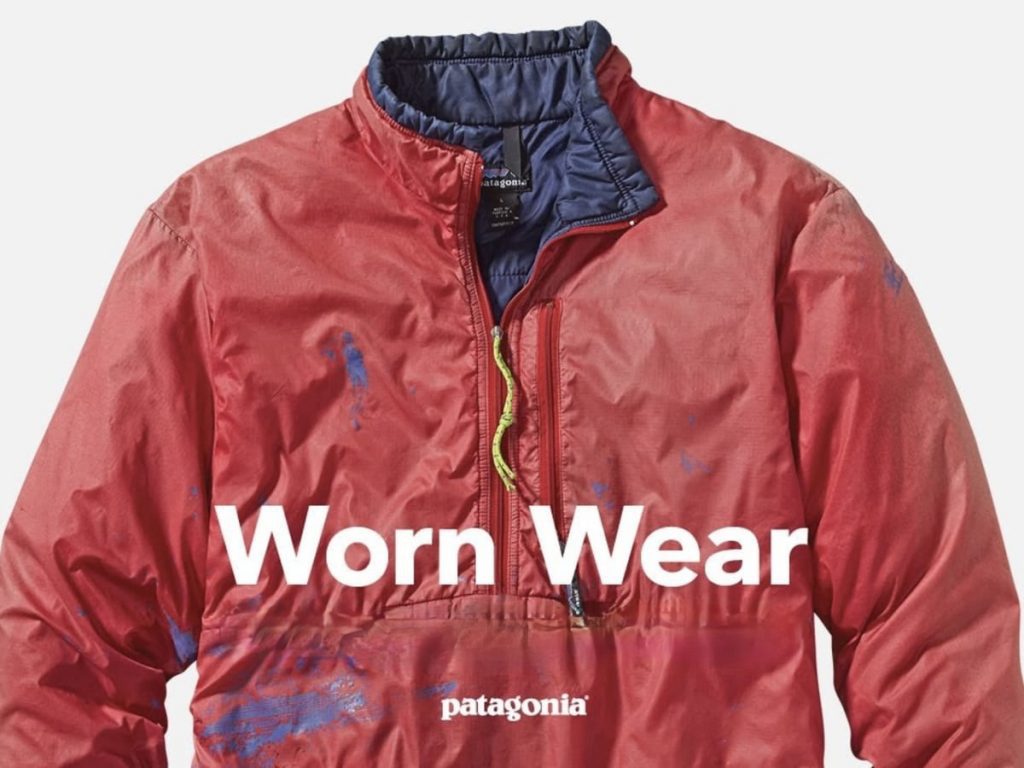As discussed in Part I of our three-part series on the first sale doctrine, the first sale doctrine provides that it is generally legal for an individual to resell a trademarked item after it has been sold by the trademark owner in an authorized sale, even if the resale is without the trademark owner’s consent. However, there are two well-recognized exceptions to the first sale doctrine: the “material difference” exception and the “quality controls” exception. This installment of our series addresses the “quality controls” exception in more detail.
Under this exception, the first sale doctrine does not apply when an unauthorized seller is reselling trademarked products outside of the trademark owner’s quality control standards. For this exception to apply, the trademark holder must show that: (1) it has established quality control procedures that are legitimate, substantial, and nonpretextual (i.e., “not fake”), (2) it abides by its quality control procedures, and (3) the unauthorized seller is not abiding by the procedures and its sales of non-conforming products will harm the value of the trademark and create a likelihood of consumer confusion.
Courts emphasize that it is not necessary for the trademark holder to have adopted the “most stringent” quality control procedures possible to invoke this exception, and the actual quality of goods being resold has been held to be legally irrelevant. This is because the quality control exception protects a trademark holder’s right to control the quality of products sold bearing its trademark and to stop others from interfering with those efforts.
In light of the quality control exception, resold products can be deemed non-genuine if they are not subject to and do not abide by the brand’s quality controls or where the actions of unauthorized sellers interfere with the brand owner’s ability to impose its quality controls.
Quality controls can include requiring authorized sellers to conduct thorough product inspections, storage and handling requirements, an affirmative obligation to report discovered defects to the trademark owner, specialized training for authorized sellers, and monitoring of authorized sellers and products.
Some examples of quality control measures particularly applicable in the online marketplace world include: (1) Vetting and regularly auditing all authorized online sellers; (2) Prohibiting anonymous online sales; (3) Prohibiting third party fulfillment without brand approval; (4) Prohibiting commingling of inventory in marketplace warehouses; and (5) Prohibiting the resale of products that have been returned or repackaged.
In today’s market, with the reality that online marketplaces are rife with counterfeit, damaged, expired and otherwise lesser quality products, it is imperative that brands take steps to ensure the highest quality products in the eCommerce channel and enforce against those resellers that are not abiding by, selling outside of or otherwise interfering with their quality control measures.
Learn more about the first sale doctrine by reading our earlier posts in this series. Click here for Part I or click here for Part II.
This article is courtesy of Vorys Sater Seymour and Pease LLP’s eControl Team, which works with companies to prepare and implement the foundational items necessary to protect brand value, increase eCommerce sales, and eliminate channel conflict.











